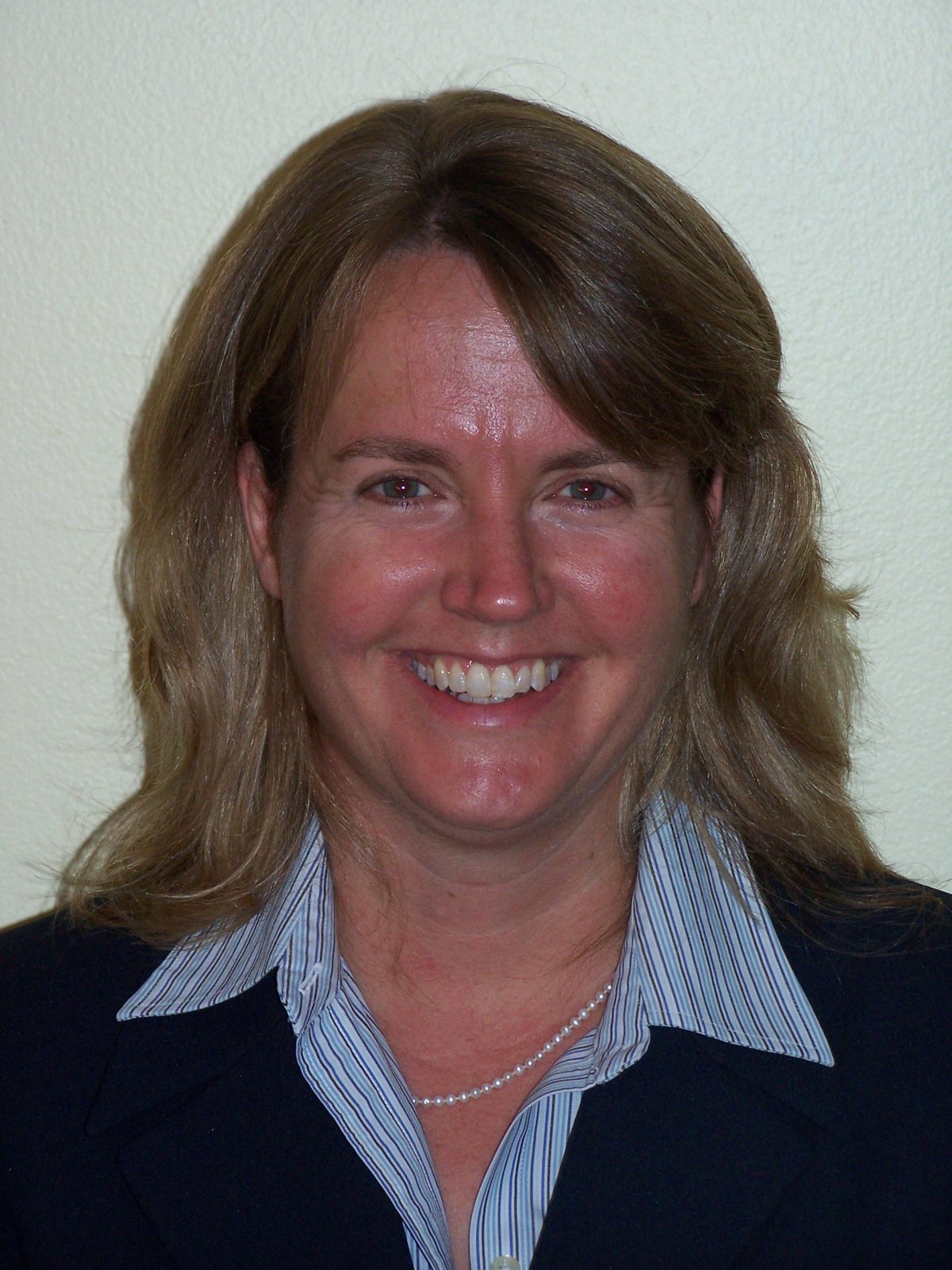Earlier this month I commented in my newsletter and wrote a blog post about how nonprofits should not be afraid of the “what ifs” out there, prompted by a recent Virginia ruling that liking a Facebook page did not count as protected free speech. The newsletter article and blog post sparked some discussion about what else nonprofits are afraid of. Today Wendy Baird shares her tips on a common fear: calling potential grant funders on the phone.
~Kivi
Guest Post by Wendy Baird of Wendy Baird Consulting
In my fundraising work with smaller nonprofit organizations, the number one thing I see hindering our grantwriting projects is staff members’ fear of calling potential foundation funders to introduce the organization and to inquire about the possible fit of project(s) with the funder’s interests. The cultivation phase. Hands down, if they were given a choice, they would skip the phone call– the chance to start building a relationship–and submit the proposal blind.
In deciding, consciously or not, to skip the cultivation phase, you lose incredible opportunities to connect with people who can facilitate the funding you need to educate young children, house the homeless, or preserve the environment. The sad reality is that though things are slowly improving, most grant proposals will not be funded. Not because the projects are not worthy, but because it’s an extremely competitive environment and without a relationship, it can be hard to make your organization stand out among the many quality applicants.
By conquering your fear of calling potential funders you increase your chances of submitting successful proposals immeasurably. Most funders recognize that a short phone call benefits both parties and welcome phone calls. They recognize that by helping to quickly determine if there’s a potential fit, a brief conversation can save them from reading through proposals they can’t fund, and you from writing unsuccessful proposals. Many a foundation officer has shared with me that they are happy to help time-strapped staff determine if a proposal might be worth the effort. A phone call also allows for a richer introduction to the organization’s work. Especially in the case of more nuanced programs that are harder to understand, a conversation can highlight an opportunity that might not be apparent on paper.
I know it’s intimidating to get started. An introvert myself, I used to hate this part of my job. I’d sit in my tiny office, staring at the phone, and come up with every excuse imaginable to put the task off. But, with each call I made, my confidence grew.
A funder approved a project a bit outside their normal jurisdiction when she understood the limited funding opportunities available in the organization’s rural setting. Another shared that the project wasn’t a fit, which allowed me the freedom to pursue other opportunities. Yet another couldn’t fund the project himself, but recommended me to another one who could. These are all successes.
If you, like so many capable nonprofit professionals, start sweating at the thought of calling a potential foundation funder, I recommend the following:
- Acknowledge your fear. It’s OK to be afraid; but it’s not OK to let that fear stop you from proactively pursuing the funding you need to serve your clients.
- Do some research. Identify two or three potential new grant funders and read up on their focus areas and recent giving. You can find this information easily by reviewing their 990s, available when you register for a free account at www.guidestar.org or via an online grant research tool, such as the Foundation Center’s Online Professional Database, which is available for free at hundreds of sites across the country https://foundationcenter.org/collections.
- Seek out a mentor. Ask a trusted colleague who’s good at this about her experiences. She can help you write out some talking points or rehearse the conversation. She can even sit with you while you make the call.
- Schedule a time to make the calls. If you don’t schedule a time to make it happen, you will put it off indefinitely.
- Make the call. If you get a voicemail, leave a message that includes a phone number where you can be reached easily.
- Follow-up. Make sure to record notes in your database, and to send any information requested promptly.
- Celebrate your success. Just like jumping off the diving board as a kid, the first time is the hardest. Climb out of the pool, pat yourself on the back and get right back on that diving board.
Wendy Baird started Wendy Baird Consulting after spending 15+ years doing fundraising and communications work for social service and community development organizations and seeing the need for quality, affordable consultants who understand what it’s like to work in a (very!) small development shop.






